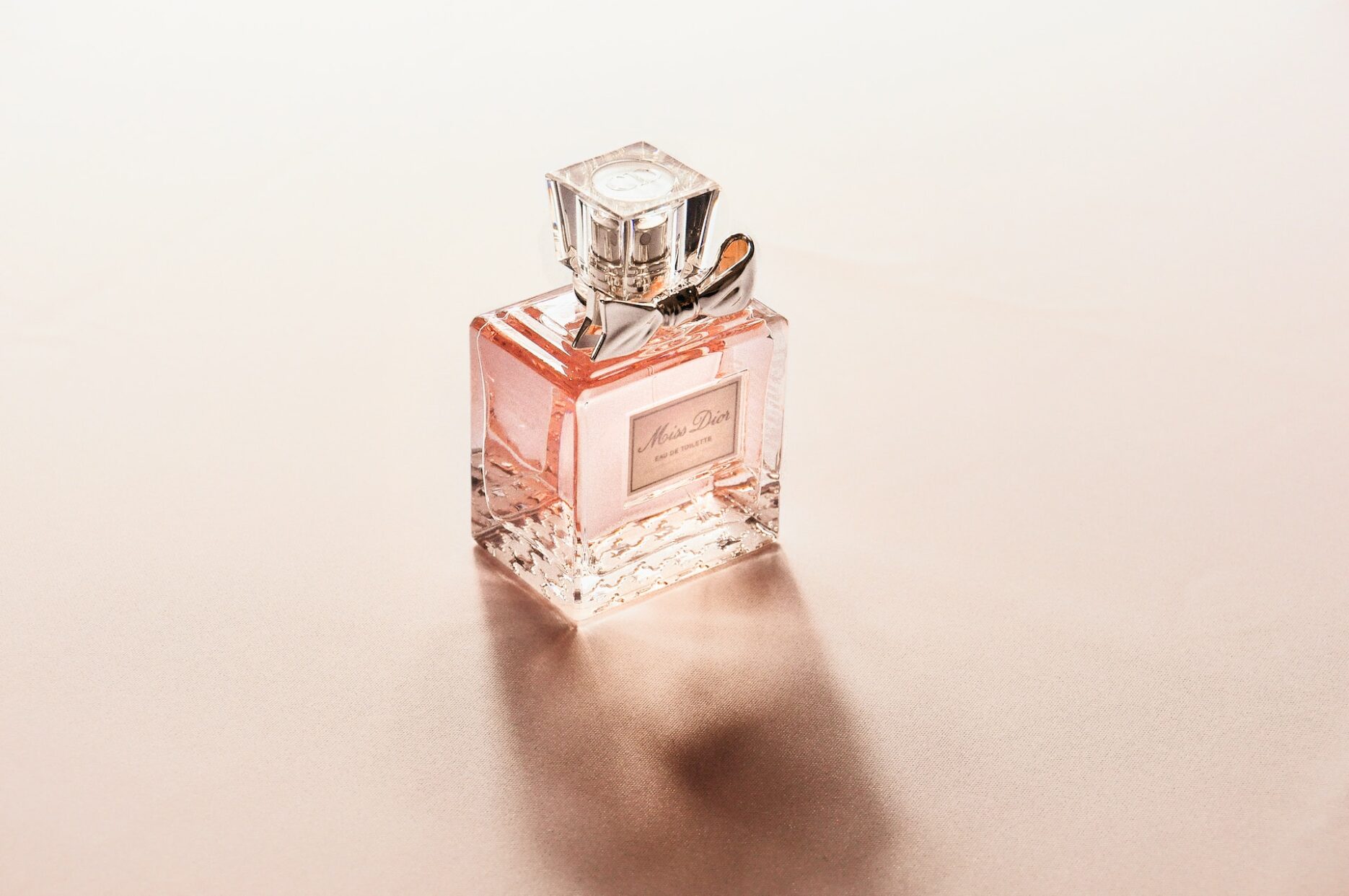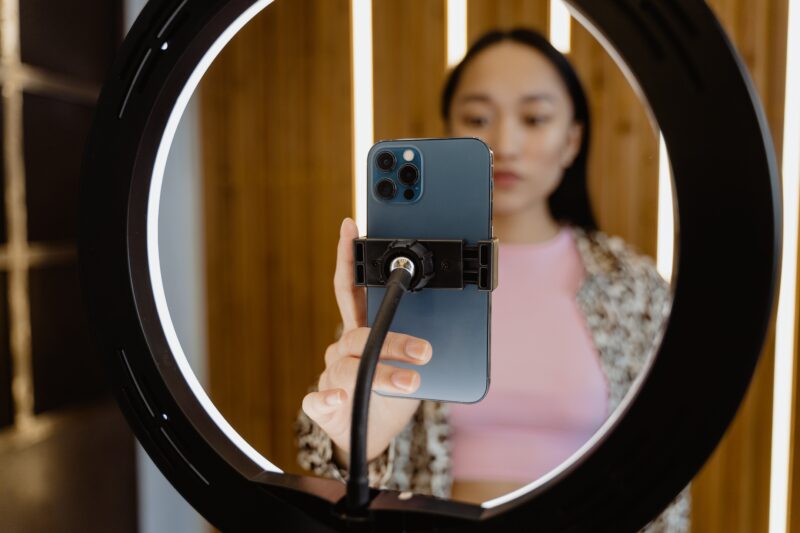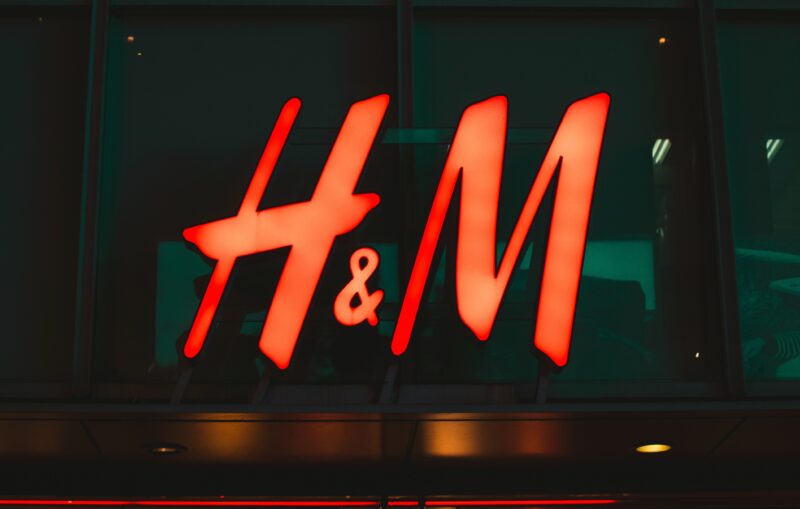The luxury conglomerate LVMH Group, which owns fashion labels Louis Vuitton and Dior, released its semi-annual financial report on July 25.
Alongside a global year-on-year revenue increase of 13% and organic growth of 17%, LVMH posted an impressive 24% year-on-year revenue increase in Asia, its biggest market.
However, the perfumes and cosmetics division recorded revenues of 1.37 billion EUR in Asia, down just slightly from 1.375 billion EUR during the same period in 2022, suggesting LVMH’s growth in the region was driven by sales in the fashion & leather goods, and watches & jewellery divisions. This dip was in contrast to the group’s global performance in cosmetics, which saw 13% organic growth. Based on this year’s first half, Dior Sauvage is the world’s best-selling perfume for the second year in a row.
LVMH has been revamping its perfume and cosmetics division this year, including unveiling a 22,000-square-meter cosmetics-targeted research and development center in Shanghai in April. After closing all brick-and-mortar stores of its skincare brand Cha Ling last year, LVMH now operates only two skincare brands in China, Guerlain and Fresh. With China’s research-obsessed “skintellecutal” contingent driving innovation in the market, the new research and development center offers the chance for LVMH to step up its performance in the division with local insights.
The group’s CEO Bernard Arnault was pleased with the overall results from the first half of the year. “LVMH achieved outstanding results during a six-month period of ongoing economic and geopolitical uncertainty,” said Arnault, who toured China in June. “Thanks to the desirability of our brands, we approach the second half of the year with confidence and optimism but will remain vigilant within the current environment and count on the agility and talent of our teams to further strengthen our global leadership position in luxury goods in 2023.”
Despite the group’s accomplishments, shares fell 5.2% on July 26 in LVMH’s biggest one-day percentage loss in nearly 17 months, reflecting investors’ concerns over lackluster results in North America. Sales in the US contracted just 1% in the second quarter of 2023, reportedly due to declining demand in the wine and spirits division.









